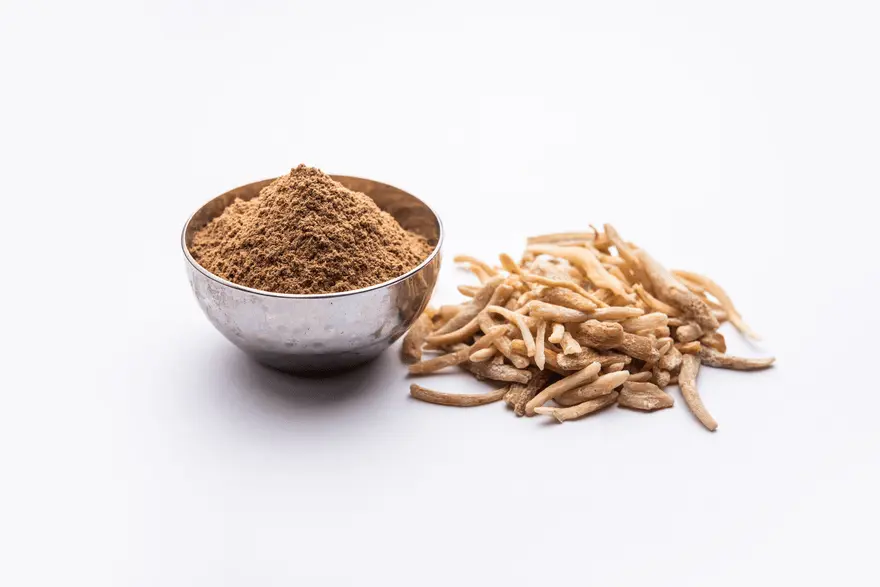Preventive Healthcare
Post Menstrual Syndrome: Everything You Need to Know
105639 Views
0

What is post-menstrual syndrome?
The symptoms that arise after you have finished your period are termed post-menstrual syndrome. These can range from physical symptoms such as headaches to more emotional conditions like anxiety or depression. Although there are many similarities between pre and post-menstrual syndromes, the psychological manifestations of these symptoms can be far more intense and prominent in the case of the latter. Some post-menstrual syndrome symptoms can significantly hamper your quality of life or even be indicators of certain underlying conditions.
How is post-menstrual syndrome different from PMS?
One of the main differences between premenstrual syndrome (PMS) and post-menstrual syndrome lies in their timing. Another major factor distinguishing the two is the signs of post-menstrual syndrome and premenstrual syndrome. Here is a more detailed description of the two and key differences between them:
Premenstrual syndrome symptoms
Premenstrual syndrome, or PMS, is a medically recognised phenomenon that encompasses a variety of physical and emotional postmenstrual syndrome symptoms. These typically occur a few days or weeks before your periods start and show the following symptoms:
- Irritability and moodiness
- Headaches
- Fatigue
- Bloating
- Difficulty in concentration
- Changes in appetite
- Tenderness of breasts
- Sleep disturbances
- Leg and back cramps
These symptoms soon disappear once your menstruation begins.
Post-menstrual syndrome symptoms
On the other hand, some women experience symptoms after they have had their period. Some of the post-menstrual syndrome symptoms include:
- Lingering fatigue
- Mood variations
- Changes in emotions
As you have seen, the timing is the main difference, as premenstrual syndrome occurs before menstruation, and postmenstrual postmenstrual syndrome is the manifestation of symptoms after menstruation has ended. Most individuals only experience mild symptoms that are not consistent; this situation is not severe enough to be categorised as a syndrome. Even if you do experience post-menstrual syndrome symptoms, they are often short-lived and can last for a few days or up to a week after your periods.
What are the causes of Postmenstrual Syndrome?
As this is a relatively new concept and there has been little about the same, it is difficult to determine post-menstrual syndrome causes. Most experts believe that the exact cause of PMS - hormone imbalance - can also be one of the prominent post-menstrual syndrome causes. The surge of hormones can be the reason behind post-menstrual syndrome symptoms. However, more research is needed to prove this theory.
Other causes can be a high-sugar diet with processed foods, which spikes blood sugar and increases oxidative stress. Polycystic ovary syndrome, insulin resistance, and contraceptive implants can also be postmenstrual syndrome causes.
What are the symptoms of Postmenstrual Syndrome?
There are two main categories of postmenstrual syndrome symptoms - physical and psychological. The psychological symptoms of postmenstrual syndrome are often more prominent than the physical ones. These include mood swings and anxiety that can come across as anger, irritability, or tears. In severe cases, it can also lead to depression, trouble sleeping and low concentration.
The physical postmenstrual syndrome symptoms include pain in the stomach area, joints, back, neck, or head. It can also result in pain during sex or vaginal discomfort, including dryness, burning, and itching. Although cramps usually occur before your periods, if they are present as a postmenstrual syndrome symptom, it could indicate an underlying condition like endometriosis.
How long does postmenstrual syndrome last?
Postmenstrual syndrome can last for a few days, or you may experience the signs of postmenstrual syndrome for up to a week.
What to do to reduce symptoms of postmenstrual syndrome?
Treating postmenstrual syndrome, similar to PMS, can help you reduce some of the postmenstrual syndrome symptoms. Managing your daily stress levels while ensuring you get enough sleep and regular exercise can help improve these symptoms. You can also try to include a little time for self-care in your day, using essential oils and practising relaxing techniques like yoga or massage.
Your diet also plays a huge role in managing postmenstrual syndrome symptoms. Watch your salt and caffeine intake and include more healthy foods like fruits, vegetables, whole grains, and fish. Taking iron supplements can also help relieve body aches, fatigue, brain fog, and irritability.
You can also check your iron levels with a simple blood test, as the amount of iron in your blood usually reduces after your periods. Foods like red meat, shellfish, and legumes can help you boost iron levels naturally and help reduce the signs of postmenstrual syndrome.
What is the treatment of post-menstrual syndrome?
You may not find a clear postmenstrual syndrome treatment plan as there is very little research regarding this condition. The only remedy for this problem is to treat the specific symptoms individually or collectively. Antidepressants, cognitive behavioural therapy, and hormonal contraceptives that help prevent ovulation usually aid in controlling your mood and relieving some of the more prominent psychological symptoms. A doctor usually helps diagnose if these signs of postmenstrual syndrome are a result of underlying conditions such as PCOS. You may also be ordered to take a few tests if your doctor suspects that certain medical conditions are causing your postmenstrual syndrome. Based on these test results, your doctor may recommend medications and therapies.
Over-the-counter pain medication can usually be used to treat any of the symptoms that cause pain and discomfort in body parts like legs, back and neck.
What are the home remedies for post-menstrual syndrome?
Here are a few home remedies that may offer relief for women who are experiencing mild post-menstrual syndrome symptoms
Rest and sleep
Fatigue is one of the most common symptoms of postmenstrual syndrome. Getting adequate rest and quality sleep is crucial as it will help support your body's recovery and improve your energy levels.
Healthy diet
A balanced diet rich in fruits, lean protein, whole grains, and vegetables is essential for relieving some symptoms of post-menstrual syndrome. You get all the vital nutrients needed to stabilise your energy levels. Including more iron-rich foods in your diet can replenish the iron you lose when menstruating and help relieve post-menstrual syndrome headaches, nausea and anxiety.
Adequate Hydration
Drinking enough water and hydrating drinks like coconut water and lemon juice can support your body's overall functioning, which in turn helps alleviate discomfort and fatigue.
Gentle Exercise
Light exercises like yoga, stretching, or walking help improve mood, alleviate mild discomfort, and reduce stress. This is also known to relieve symptoms of postmenstrual syndrome depression. Always listen to your body's signs and exercise as much as you are comfortable.
Stress Management
Practising meditation, breathing exercises, and mindfulness techniques help lower your stress level, which can help reduce postmenstrual syndrome symptoms.
Conclusion
Postmenstrual syndrome, although a mystery to experts, is not a taboo, and you should not be afraid to discuss these issues with your doctor. It can also indicate some underlying diseases and can be helpful in early diagnosis and better post-menstrual syndrome treatment. Keeping an eye on your nutrient levels with regular blood tests at reliable diagnostic centres like Metropolis Labs can help keep track of your iron levels and reduce the risk of postmenstrual syndrome. Your doctor can suggest a more individualised treatment.























 WhatsApp
WhatsApp